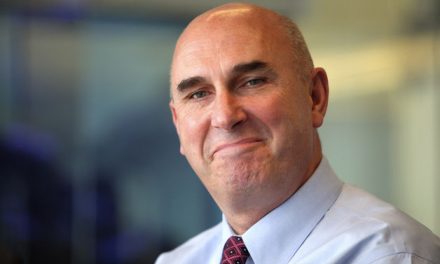As surgeons huddled behind a plastic sheet in a London operating room, their patient’s exposed brain tumor didn’t stop her from doing what she had done since the tender age of 10 – skillfully play her violin. Doctors were working to remove the tumor from Dagmar Turner’s front lobe, and she had insisted that her musical skills needed to be preserved. The King’s College Hospital neurosurgical team was determined to make sure that happened.
The Brain Tumor Dilemma
Turner’s passion for the violin had begun at an early age. She eventually honed her craft to the point that she was part of the Isle of Wight Symphony Orchestra, as well as a number of other choral societies. Things changed in 2013 when the 53-year-old violinist suffered a seizure during a symphony. She was diagnosed with a slow-growing brain tumor, immediately beginning treatment to keep it at bay.
RELATED STORY:
By 2019, the tumor began to grow aggressively and surgery became the only option. While Turner agreed it needed to be removed so she could stay healthy for her 13-year-old son, she had one major concern: her ability to play the violin. She learned of a danger while at a consultation with Professor Keyoumars Ashkan, Consultant Neurosurgeon at King’s College Hospital. Askan informed her that the position of her tumor would be a challenge to remove. It was on the right side of the frontal lobe, alarmingly close to an area of the brain controlling fine movements of the left hand. Damaging it would mean there was a chance Turner wouldn’t be able to play the violin again.
Ashkan immediately understood her concerns. He himself is a skilled pianist, and he knew her passion for music was also her livelihood. He immediately went to work with his team to create a plan for the surgery.
A Brain Map And A Violin
Ashkan and his team spent two hours mapping their patient’s brain, identifying the areas that activated when Turner played the violin. They also planned a crucial part of the surgery – waking her up mid-procedure and having her play her violin. This would ensure that the surgeons wouldn’t damage any part of her brain connected to her violin playing. Many patients are woken during brain surgery. However, questions asked are usually basic and pertain to what they see or if they know their names. Ashkan had never had a patient play a musical instrument in the middle of a craniotomy.
RELATED STORY:
Awakening Turner from anesthesia, doctors carefully monitored her vitals as she began to play. Going through her major and minor scales, surgeons worked to remove the tumor in millimeter sections. At times, it was only the thickness of a credit card that stood between them and potential damage to the brain. Miraculously, the surgery was a success. The surgeons were able to remove over 90% of the tumor while keeping Turner’s hand function intact.
A Bright Future
Turner was well enough to head home just three days after her surgery. She’s now continuing her recovery with her husband and son. While doctors at King’s College Hospital will continue to monitor her progress, they’re confident of their success. “The violin is my passion,” Turner said. “I’m hoping to be back with my orchestra very soon.”
*Article originally appeared at Healthy Holistic Living.












